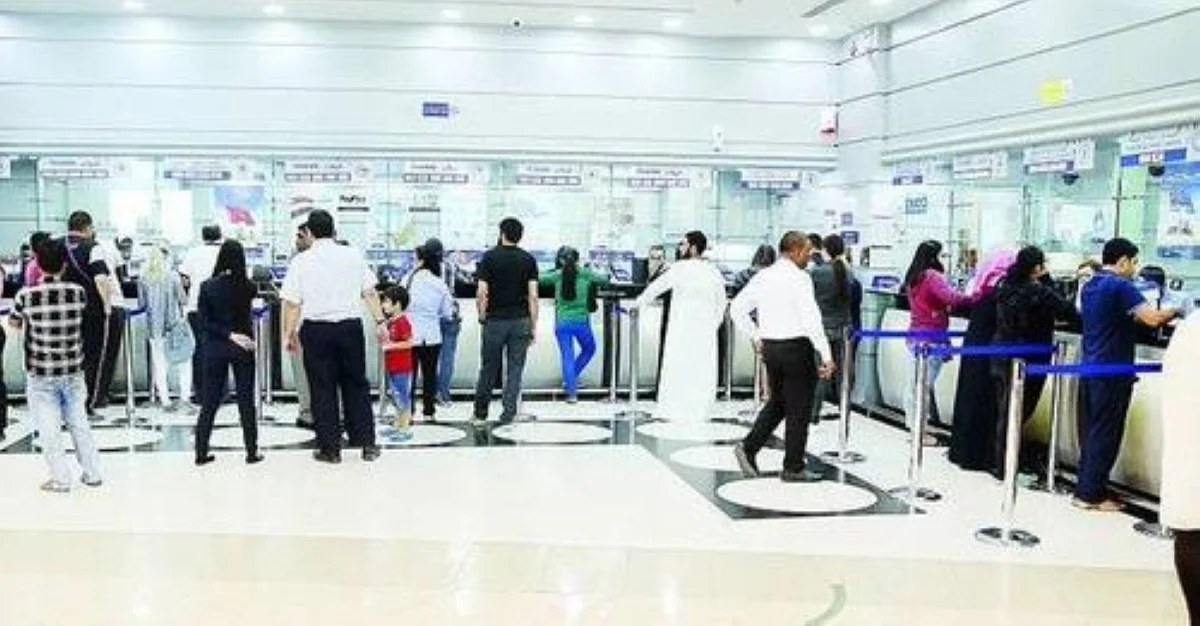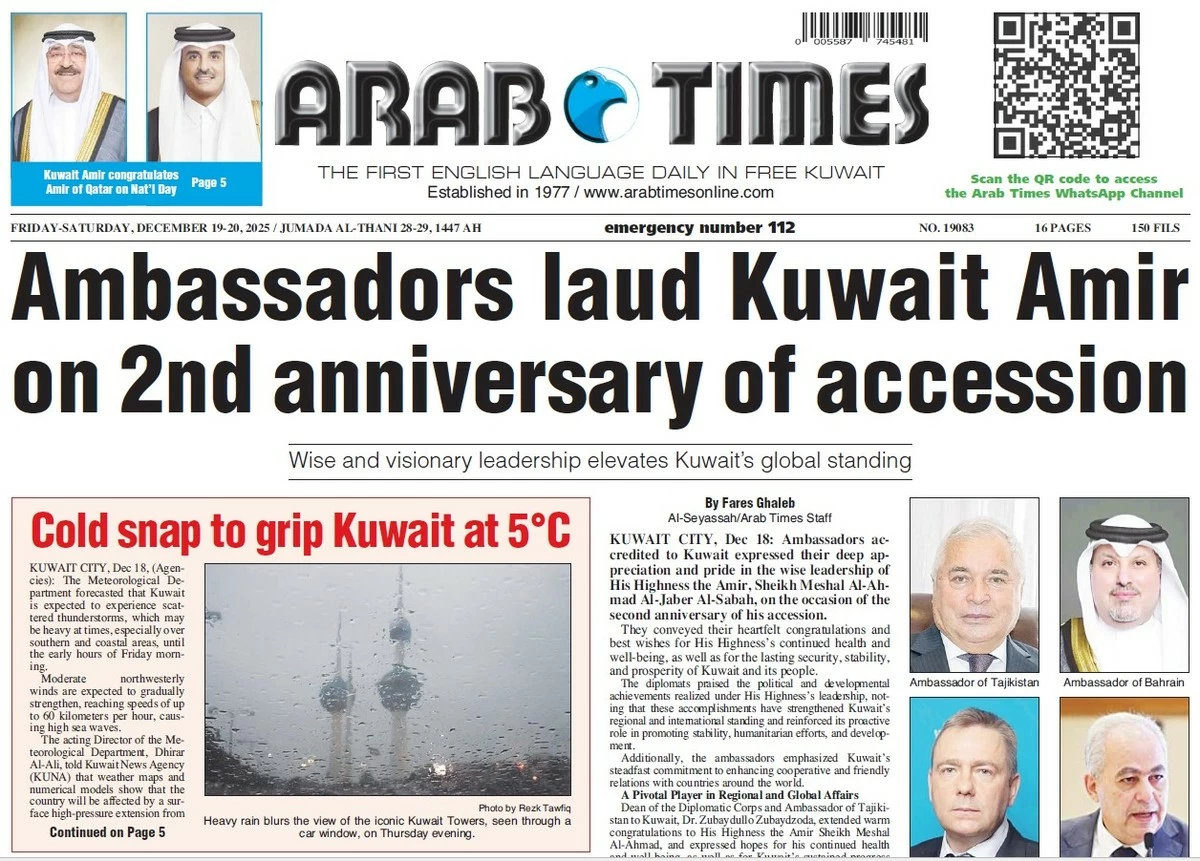19/10/2024
19/10/2024

KUWAIT CITY, Oct 19: An economic and legal expert Adhbi Al-Tahnoon urged the government to diversify its sources of income to prevent deficits in the upcoming budgets. He indicated that the current 2024/2025 fiscal year is projected to experience a deficit of KD 5.6 billion, with deficits likely to persist in future fiscal years due to ongoing increases in expenditures exceeding revenues. Expressing his concern over the decline of the Kuwaiti economy in recent decades compared to other countries in the region, Al-Tahnoon affirmed the importance of working on boosting non-oil revenues. He suggested expanding into various sectors, such as heavy industries, pharmaceuticals, food products, agriculture, and tourism.
Implementing Taxes
In a press statement, Al-Tahnoon proposed the introduction of a tax system, but under specific criteria. The most crucial among them is enhancing state services for citizens in all sectors, improving health and education services, building new roads, and fixing any existing flaws. He highlighted that the poor condition of the roads has negatively impacted the vehicles of both citizens and foreigners. Al-Tahnoon explained that taxes can benefit the state in several ways, primarily by protecting local industries from foreign competition, especially regarding imported goods. Implementing a tax system would also diversify the state’s revenues and prevent the national economy from continuing as a single-income system indefinitely. This diversification would ultimately lead to an increase in Kuwaiti products.
However, Al-Tahnoon stressed the need for government oversight of commercial companies to prevent them from raising prices under the guise of implementing special taxes. He affirmed that customs taxes are commonly levied in most countries worldwide, and citizens would be exempt from them under a double taxation treaty, such as the one between Saudi Arabia and Kuwait, adding, “if taxes are implemented, they would be relatively low, ranging from one to five percent.” At the same time, Al-Tahnoon called for concluding more of these agreements with various countries, stressing the importance of avoiding the imposition of income taxes altogether, as this could negatively impact citizens’ budgets, particularly for those with limited incomes. He said the private sector would be encouraged to accept fair and proportional taxes, provided they serve the public interest.
However, he stressed that increasing taxes on businesses could lead to a yearly decline in final profits, as the state would need to provide more facilities and support to the private sector.
Increasing Revenues
Al-Tahnoon explained that all forms of taxes will enhance and support the state’s general revenues by providing stable incomes for funding infrastructure, services for citizens, and other projects. Taxation will help curb the sale of tainted and counterfeit goods, which negatively impact the earnings of government organizations, manufacturing facilities, and private businesses. Furthermore, imposing taxes will strengthen the state’s efforts to combat tax evasion and protect consumers from adulterated and non-compliant products that may enter the market. Ireland, for example, has successfully implemented a policy of balancing tax policies and promoting economic growth through a number of tax reforms. Therefore, it is important to establish a low tax system as a means to attract foreign investment.
Some new industrial facilities will be exempted from taxes. The overall tax burden on private sector businesses will be reduced. This approach has drawn foreign investment and spurred economic growth, incentivizing many capital owners to launch their enterprises in the first place. The implementation of taxes in Kuwait will be in line with the initiatives of Gulf Cooperation Council countries with the aim of diversifying income sources, especially since the oil prices are not fixed. Al-Tahnoon stated that Gulf countries have provided the opportunity to each country to enact internal legislation related to certain types of taxes, adding that when citizens see improvements in infrastructure and receive tangible benefits from the taxes they pay, they are more likely to support such measures. He affirmed that taxes will have a positive impact on both current and future generations, and the implementation of conditional taxes can improve services and encourage better purchasing behavior among citizens.
By Najeh Bilal
Al-Seyassah/Arab Times Staff


